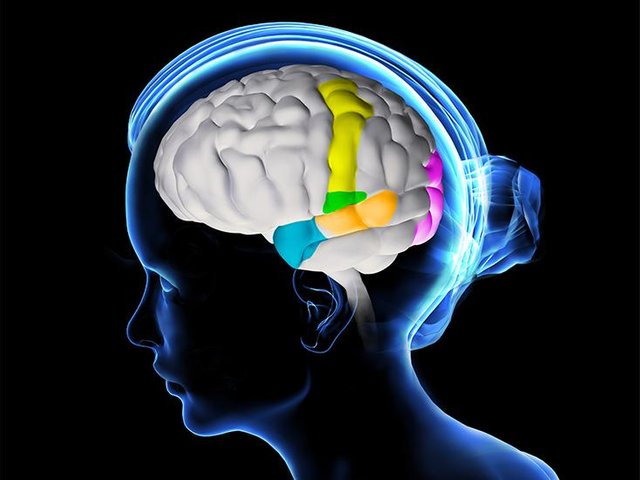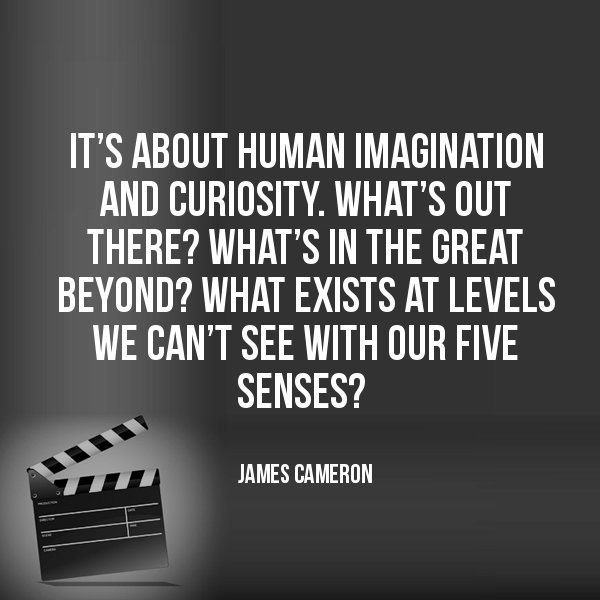Human senses is responsible for supplying the material of knowledge
Human senses is responsible for supplying the material of knowledge

Image Source
The world of reality can't be known by the powers that man has. If we had invested with a consciousness or a scholarly instinct uninfluenced by the judgments and classes of the understanding, it would have been feasible for us to know the reality in that capacity however as this sort of consciousness isn't controlled by us, we can't know reality.
What we know are simply observational realities or phenomena built by percepts and ideas basic to all men. The hypothesizes of reality that reason propels are just necessities felt by it and not realities in themselves. In the philosophy of Kant reason achieves its points of confinement and furthermore ends up aware of these breaking points.
The strata of the senses, understanding and reason are altogether researched and basically analyzed and their shortcomings uncovered. In any case, Kant would appear to many to debilitate all exertion towards the obtaining of a knowledge of reality, making the very look for knowledge a sad issue.

Image Source
To him, knowledge is an engineered social result of the intelligent self. He feels that the beliefs of metaphysics which the reason esteems are simply regulative standards which appear to have no reality past being insignificant speculation. He understands metaphysics an inconceivability, holding that all knowledge is phenomenal.
One of the imperfections of his system lies in his reasoning that instinct is kept to sense-perception. He appears to feel that man can't have non-intervene experience aside from through tactile contact. In spite of the fact that he is sufficiently significant to think about a scholarly instinct rising above the senses and understanding, he doesn't raise it past a minor intelligent idea which does not share the nature of reality.
In spite of the fact that hypothetically conceivable, his scholarly instinct appears to have no practical value. The reality, nonetheless, seems, by all accounts, to be that Kant didn't know that he himself had in him suggestions of this scholarly instinct, while he pronounced the world to comprise of appearances and set the things in themselves as obscure however existing realities.

Image Source
He goes to the borderland of reality and after that follows his means, as though startled by its fabulousness. Swami Sivananda would hold hands with Kant in holding that the world is phenomenal, yet to him the instinct of reality isn't an insignificant scholarly plausibility yet the very premise of life itself.
The knowledge which one has of the self can't be ground in the factory of the senses and reason, for it is non-relative and constitutes an indispensable cognizance. It is past every single possible confirmation of knowledge, for it is the premise of all evidence. To Kant, God is an object of faith, however to Swami Sivananda He is an object of experience.
It is just when we limit the experience to the intelligent and observational domains that we are slanted to name it as a propose. The philosophy of Swami Sivananda does not start with proposes, it is a piece of spiritual experience.

Image Source
References:
http://www.moyak.com/papers/socrates-truth.html
https://www.iep.utm.edu/kantmeta
http://www.theoryofknowledge.net/ways-of-knowing/sense-perception/how-reliable-is-the-knowledge-provided-to-us-by-our-senses